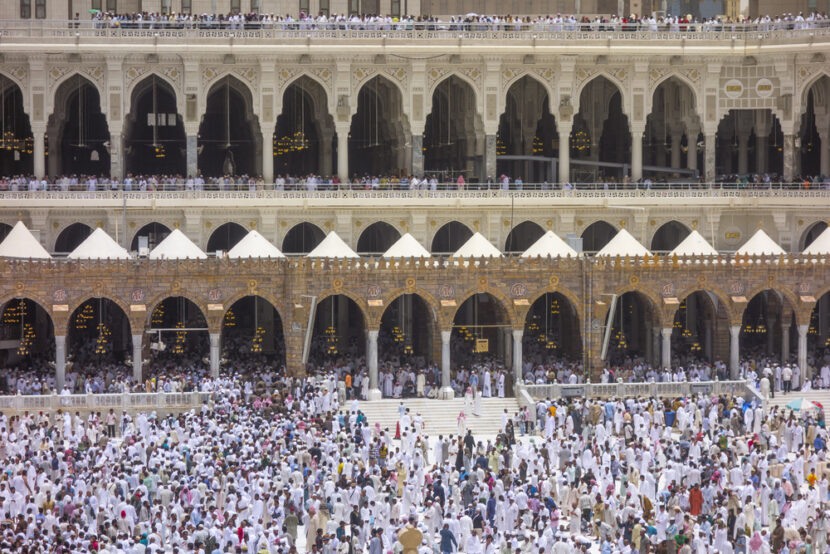GENEVA – Efforts to prevent the spread of a dangerous virus need to be stepped up ahead of the start of the Muslim pilgrimage season, when millions of people from all over the world will travel to Saudi Arabia, the World Health Organization said Tuesday.
The U.N. health agency has recorded 701 confirmed cases and 249 deaths worldwide from the Middle East respiratory syndrome, the vast majority of them in Saudi Arabia, a senior WHO official said.
A recent surge, starting in April, and a belated admission by Saudi officials that they had undercounted the number of cases prompted concern about the kingdom’s ability to prevent and monitor the spread of infections.
Dr. Keiji Fukuda, WHO’s assistant director-general, said the jump in cases appeared to have been caused by people mingling in hospitals before they were properly diagnosed and isolated, and has now ebbed thanks to better prevention efforts.
Fukuda said a WHO expert panel which conferred Monday concluded that “the situation continues to remain serious.”
But “we do not believe that esoteric or unusual means are needed,” he said, noting that simple hand-washing is among the most effective prevention techniques.
Muslim pilgrims, particularly those with underlying medical problems, should be made aware of the threat, Fukuda said.
“The time to strengthen (prevention measures) is now because we are on the eve of the Umrah starting and in a few months the Hajj will be starting,” he said, referring to two of the main Muslim pilgrimages.
Fukuda said much still needs to be learned about the virus, which is thought to be primarily acquired through contact with camels.
“The big gorilla in the room is always: does this virus have the potential to change and really become much more transmissible person to person,” he said. “We still don’t have a good handle on that.”
